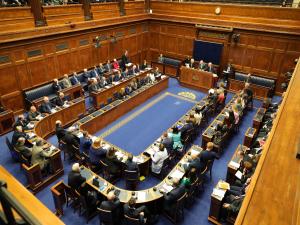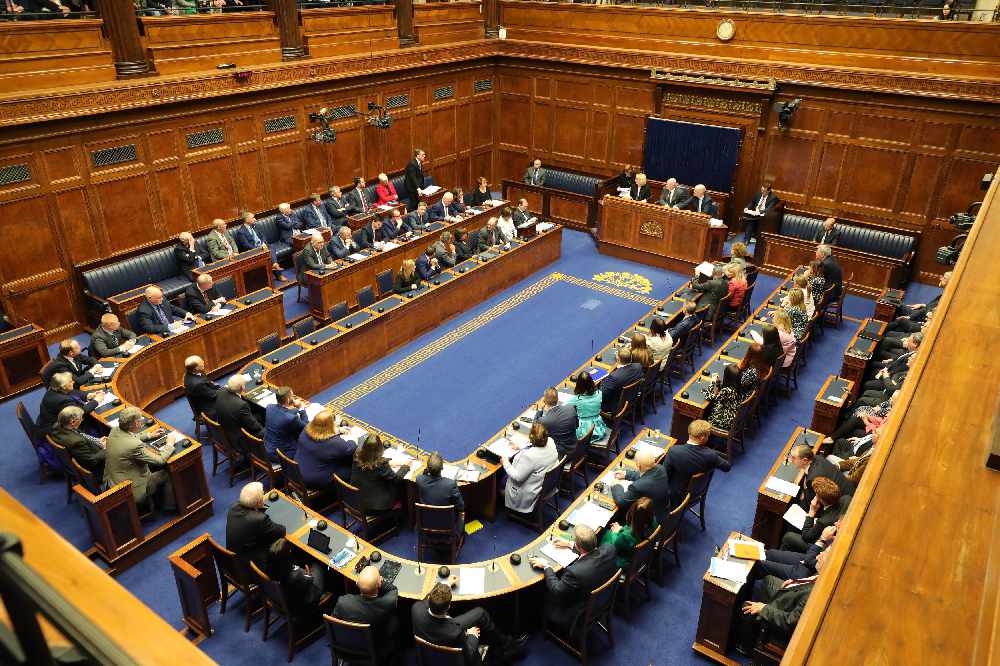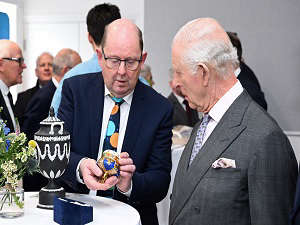
Q Radio News/PA
The ending of religious discrimination in teacher recruitment, creating paid leave for abuse victims and safe access to abortion clinics were among new legislation passed in the final hours of the Stormont mandate.
Speaker Alex Maskey adjourned his last plenary on Thursday afternoon ahead of his retirement following the passing of six Bills.
There were cheers in the Assembly chamber on several occasions, including after the passing of Alliance MLA Chris Lyttle’s Fair Employment (School Teachers) Bill.
It stops teachers being exempt from fair employment laws.
Mr Lyttle, who is not seeking re-election, described the Bill which was welcomed by teachers’ unions as “one example of what we can achieve at the Assembly”.
There were also cheers for the Green Party, after its two MLAs each saw a Private Members’ Bill passed.
Green Party leader Clare Bailey saw her effort to secure safe access zones around abortion clinics passed following a vote by 55 to 27.
She insisted the right to protest would not be curtailed by the new legislation, adding the current harassment laws were not sufficient to deal with what some women seeking terminations have reported experiencing outside clinics.
Her colleague Rachel Woods’ domestic abuse safe leave Bill also passed, making Northern Ireland the first region of the UK to provide this level of support to abuse victims.
A Bill to stop parking charges at hospitals run by the Health and Social Care Service and legislation to make period products freely available in schools, colleges and public buildings were also passed.
The final piece of legislation to be passed on Thursday was a Private Members’ Bill by Ulster Unionist MLA Alan Chambers around the preservation of documents by historical institutions.
Aimed at survivors of institutions such as children’s homes and mother and baby homes which have historically been shrouded in secrecy, Mr Chambers said his Bill will “ensure retention of historic documents that will allow thousands of victims to learn the truth, previously denied, about their early life in care”.



 Nine Northern Ireland schools targeted with threatening email thought to be hoax
Nine Northern Ireland schools targeted with threatening email thought to be hoax
 Exhumed remains not those of Disappeared victim Joe Lynskey
Exhumed remains not those of Disappeared victim Joe Lynskey
 King and Queen conclude three-day visit to Northern Ireland
King and Queen conclude three-day visit to Northern Ireland
 Conor McGregor seeks to introduce new evidence in civil rape appeal case
Conor McGregor seeks to introduce new evidence in civil rape appeal case
 The UK’s ‘best places to live’ revealed in annual Sunday Times guide
The UK’s ‘best places to live’ revealed in annual Sunday Times guide